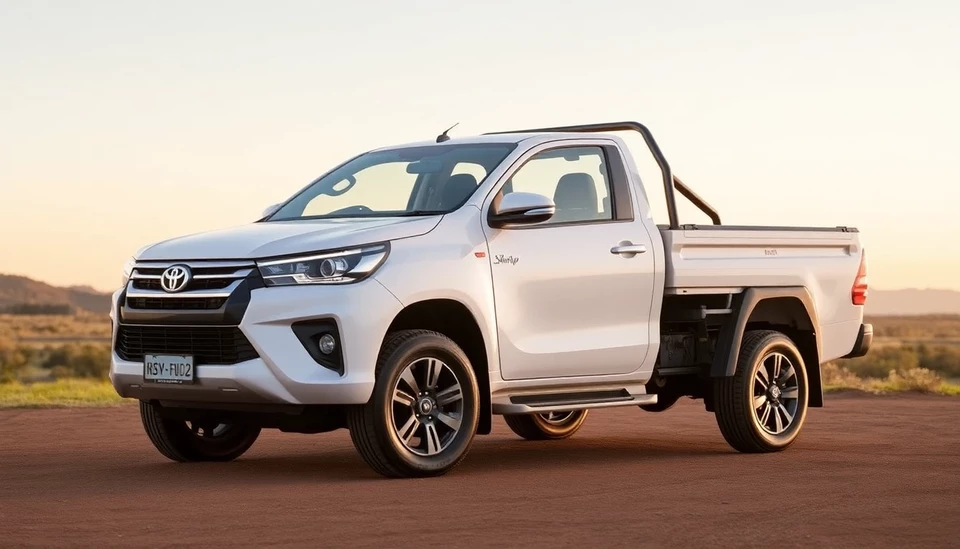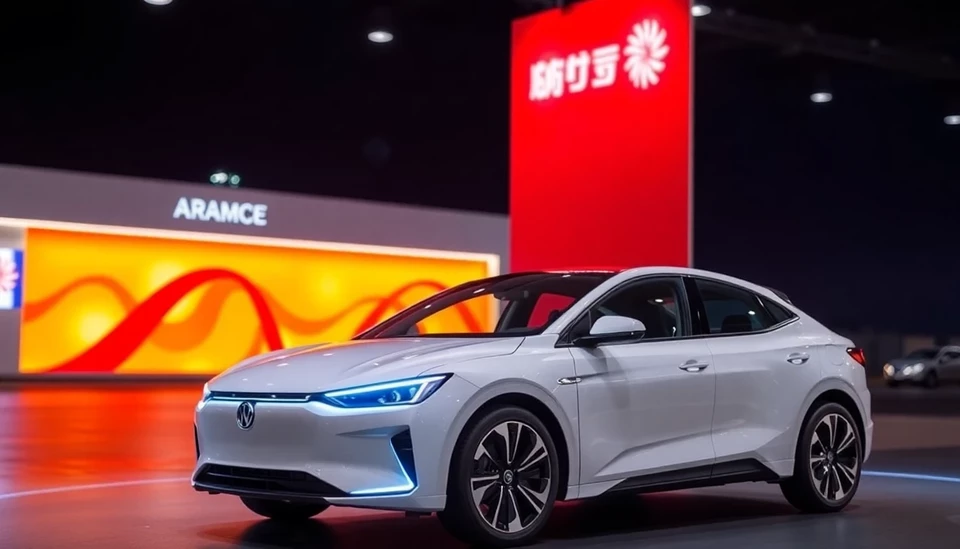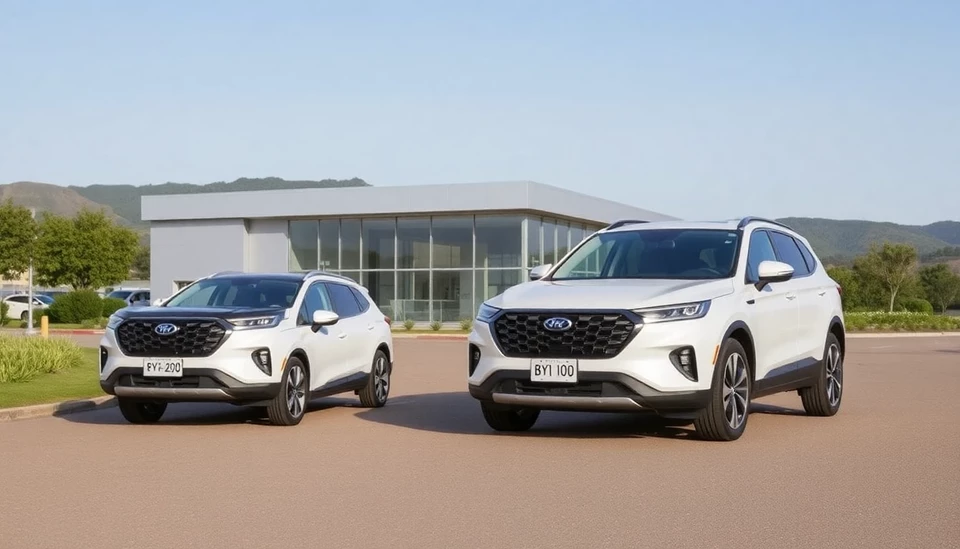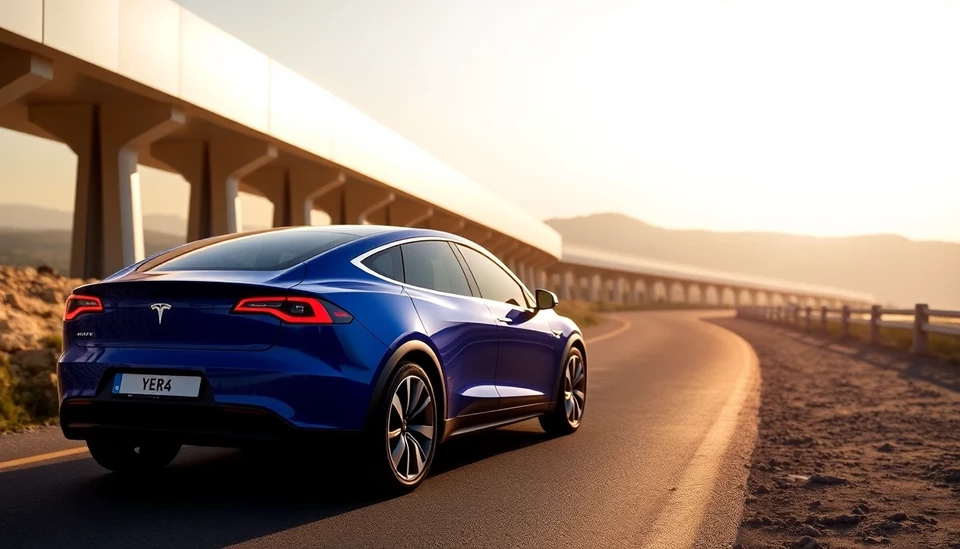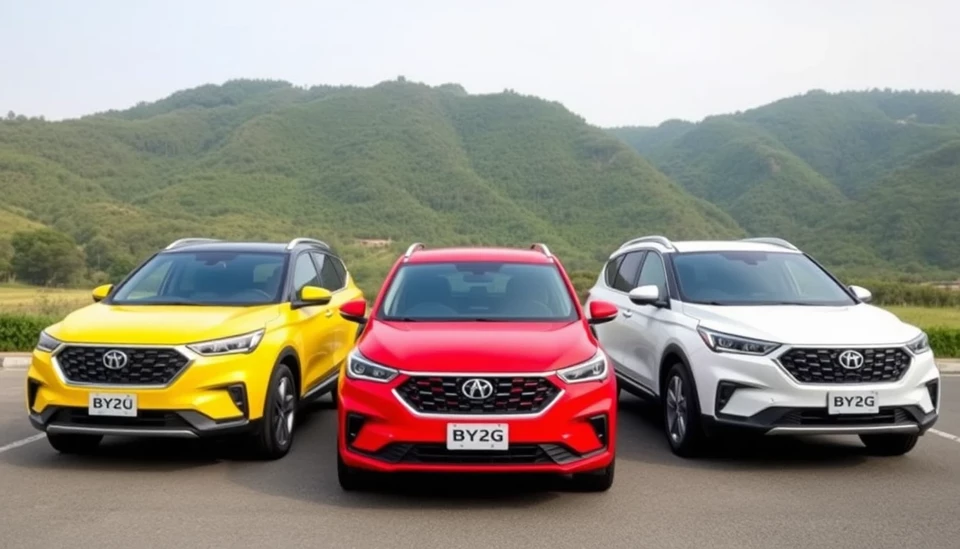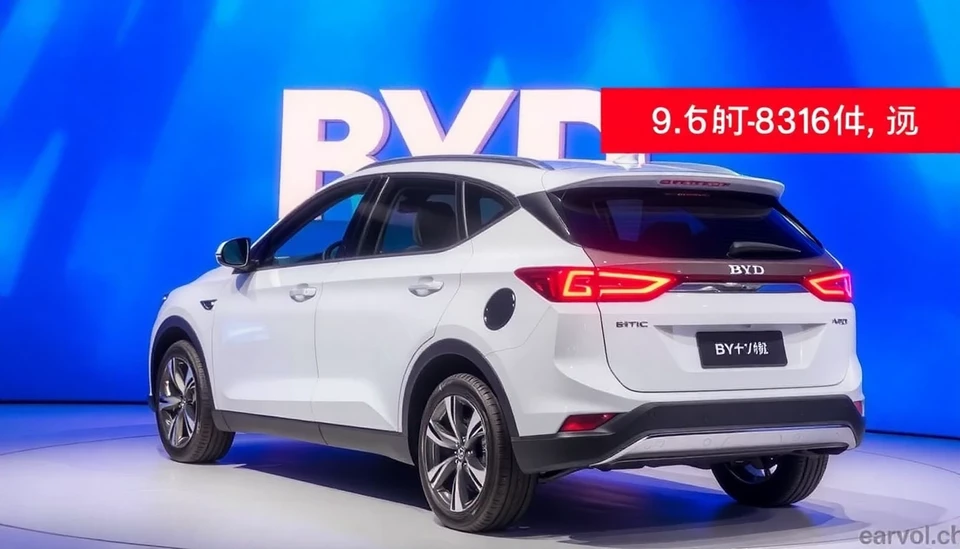
In a remarkable turn of events in the electric vehicle (EV) market, BYD, the Chinese automotive giant, has reported record-breaking sales figures that significantly narrow its competitive gap with industry leader Tesla. This surge in sales not only highlights BYD's rapid growth trajectory but also showcases the intensifying rivalry in the global EV landscape, a sector that continues to evolve at a breakneck pace.
During the past year, BYD's impressive performance was underscored by its delivery of a staggering 2.8 million vehicles globally—a remarkable 92% increase from the previous year. This leap positions BYD firmly as a formidable player in the EV segment, accentuating its ambition to surpass Tesla's dominance, which has long been viewed as the benchmark in electric vehicle technology and sales.
As of the end of 2024, BYD managed to distribute 1.2 million fully electric vehicles (BEVs), closing the gap with Tesla, which remains at the forefront with sales of approximately 1.3 million BEVs worldwide. Analysts note that BYD's strategy of diversifying its product lineup, including affordable models and premium vehicles, has resonated well with consumers, thereby enabling the company to capture various market segments effectively.
BYD's success can also be attributed to its robust investment in battery technology and production capacity, which not only enhances the performance and efficiency of its vehicles but also reduces costs. As the demand for EVs continues to grow, BYD's vertical integration, which combines vehicle manufacturing with battery production, sets it apart from competitors, giving it a competitive edge in both pricing and supply chain stability.
Moreover, BYD's aggressive marketing strategies, alongside a significant expansion of its global footprint—including markets in Europe, South America, and Southeast Asia—have greatly contributed to its sales growth. The company is expanding its production capabilities to meet the skyrocketing demand and is also exploring partnerships to enhance its distribution channels across various regions.
Despite the overwhelming success of BYD, Tesla remains a key player in the industry, with its innovative approach and established customer base. Analysts suggest that the competition will increasingly drive both manufacturers to improve their technology and offerings, ultimately benefiting consumers through enhanced features, pricing, and choice in the EV market.
The evolving landscape of the electric vehicle market hinges not just on sales figures but also on sustainable practices and technological advancements that both manufacturers champion. As both BYD and Tesla continue to invest in research and development, the future of EVs looks promising, with new entrants and innovations likely to disrupt the industry further.
In conclusion, the race between BYD and Tesla not only exemplifies the dynamic nature of the EV market but also signifies a broader transition towards sustainable transportation solutions as consumers and manufacturers alike embrace the future of mobility.
With such robust growth and innovation on both sides, the coming years will be critical in determining who will emerge as the leading force in the global electric vehicle landscape.
#BYD #Tesla #ElectricVehicles #EVMarket #AutoIndustry #SustainableTransport #Innovation #RecordSales
Author: John Harris
